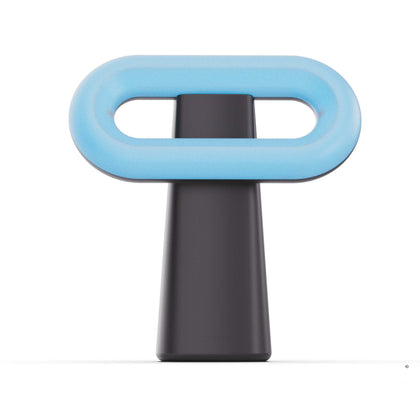
3 tips to start sleeping better tonight
|
|
Time to read 1 min
A good night's sleep is the key to feeling and performing at your best throughout the day. Yet nearly half of adults are dissatisfied with their sleep1. Use these tips to wake up feeling refreshed:
1) Increase your exposure to natural light during the day.
Yup, you read that right. Your exposure to light during the day impacts your sleep. The circadian rhythm (the system regulating our sleep-wake cycle) depends upon regular daytime exposure.
Unfortunately, many of us spend most of the day indoors with little access to natural light. In essence, we have lost our daily connection with the sun. Working in a space with more natural light or getting outside for a walk can help keep your circadian rhythm aligned2,3, improving sleep quality.
2) Minimise exposure to blue light at night
The lighting in our homes and emitted by our devices contain blue light. Exposure to blue light during the evening signals our brain that the sun hasn't set. As a result, the body delays the production of melatonin, a hormone that prepares us for sleep2.
To reduce exposure to blue light at night, enable a blue light filter on your devices, dim the brightness, turn off unnecessary lights, and switch to warmer colour temperature lights in the places where you spend your evenings.

3) Go to sleep and wake up at the same time every day.
Maintaining a consistent sleep schedule can dramatically improve sleep quality. That's because sleep is just a stage in a larger process; our circadian rhythm. Substantially shifting the time you wake up or go to sleep will leave you feeling socially jet-lagged2. Decide on a time that you can maintain during the week and weekend.
References
- Global Sleep Survey 2021 Results. (2021).
- Roenneberg, T. & Merrow, M. The Circadian Clock and Human Health. Curr. Biol. 26, R432–R443 (2016).
- Soler, R. & Voss, E. Biologically Relevant Lighting: An Industry Perspective. Front. Neurosci. 15, (2021).
- Nagare, R., Plitnick, B. & Figueiro, M. Does the iPad Night Shift mode reduce melatonin suppression? Light. Res. Technol. 51, 373–383 (2019).
- Mireku, M. O. et al. Night-time screen-based media device use and adolescents’ sleep and health-related quality of life. Environ. Int. 124, 66–78 (2019).
People who liked this also read
Latest News



